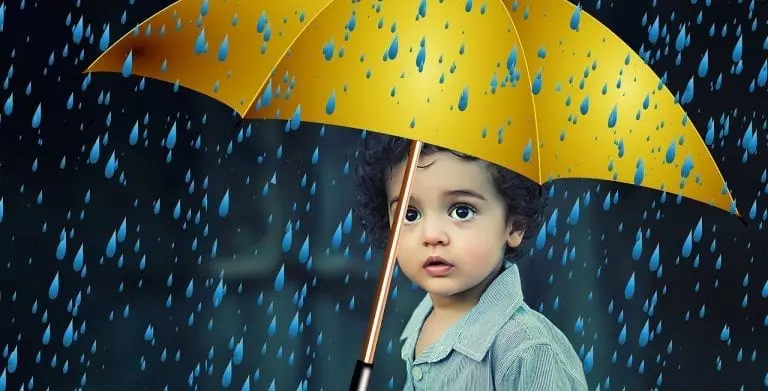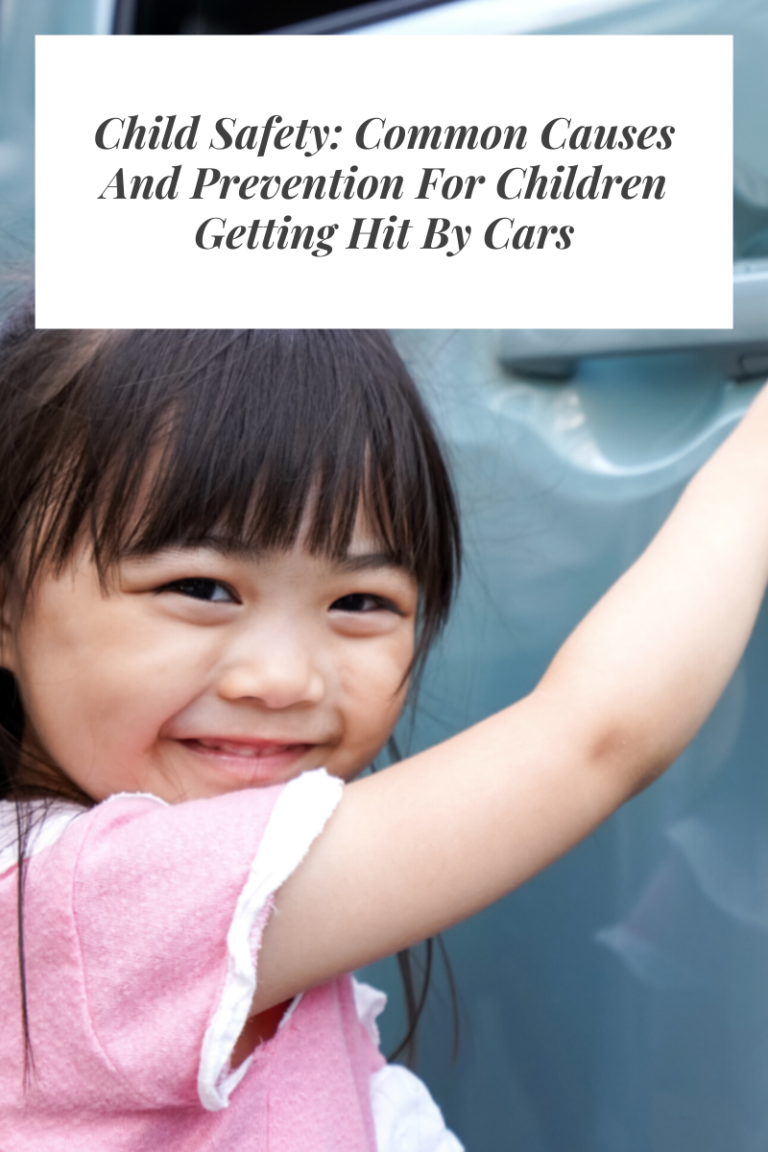Brighter Futures – The 2024 Blueprint for Children’s Mental Health

We often think of new gadgets or technological advances when discussing the future. However, the real progress may lie in our breakthroughs in understanding and treating the ever-complex realm of children’s mental health. The world has witnessed a surge in mental health awareness, especially concerning our young ones. Parents, educators, caregivers, and guardians, as we gear up for 2024, there are promising strides in this arena that you need to know. Let’s dive deep into the transformative approaches on the horizon.
ADHD – Beyond the Stereotypes
Attention Deficit Hyperactivity Disorder (ADHD) has long been seen as the restless child in the classroom who can’t sit still or stay quiet. But we’re learning that this condition is multifaceted, and the treatments are evolving accordingly. In 2024, we expect a shift from solely medicating these children to a holistic approach that addresses their unique learning styles and emotional needs. More schools and institutions will embrace educational strategies tailored to ADHD brains. Think adaptive learning systems, where children can pace themselves and harness their hyper-focus and environments that cater to their kinetic learning style.
Moreover, support groups for parents and siblings will gain traction. Understanding that ADHD affects the family dynamic is vital, and these support structures will help families navigate and thrive.
PTSD – When Shadows Linger
It’s heartbreaking to think of children suffering from Post-Traumatic Stress Disorder (PTSD). However, with increased awareness, earlier diagnoses are becoming common, ensuring these children receive the help they need sooner rather than later. We anticipate a rise in non-invasive therapies for children in the coming year. We’re talking about art and music therapy, where children can express their fears and anxieties in safe, nurturing settings. Animal-assisted therapies, especially with dogs and horses, are also gaining ground to help children rebuild trust and find comfort. Sadly, one pervasive fear many children with PTSD harbor is that something bad will happen to them. Addressing this fear directly and providing safe environments for these children to voice such concerns will be paramount.
Hypochondriasis – Reality or Illusion?
“What is hypochondria?” It’s a question many ask, and as we approach 2024, we’re hoping more parents and caregivers will be equipped to answer. Hypochondriasis, or illness anxiety disorder, is when children excessively worry about a severe illness despite medical evaluations showing otherwise. Next year, we foresee a stronger emphasis on cognitive behavioral therapy tailored for these young minds. This therapy focuses on helping children distinguish between their anxieties and actual symptoms. The power of guided meditation and mindfulness will be harnessed more than ever to calm these young, anxious minds.
Schizophrenia – Breaking New Ground
Schizophrenia in children is rare but deeply challenging. It demands specialized care, comprehensive therapy, and a well-informed support system. As we head into 2024, there’s an optimistic undercurrent in pediatric schizophrenia. One major stride we’re witnessing is the development of customized therapy modules. These modules, often backed by digital platforms, allow real-time tracking of a child’s progress and symptoms. They empower caregivers to spot potential triggers and adjust treatment strategies instantly.
States like California are leading the way regarding schizophrenia treatment, so sometimes, traveling to get the best care may be in your family’s best interest. In many regions, community-driven support initiatives are sprouting up. These initiatives, often helmed by parents or adults who faced childhood schizophrenia, provide resources, networking, and a compassionate ear.
Depression – The Silent Battle
As the world grows more complex, children, unfortunately, are not immune to the pressures and stresses that come with it. Childhood depression is real, and in 2024, there’s hope that we will break more barriers to understanding and treating it. Interactive therapy platforms, virtual reality experiences designed to uplift, and nature-centric therapy camps are some innovations on the horizon. They aim to tap into children’s inherent resilience and creativity, helping them find their path out of the darkness.
The Need to Unplug
Today, screens are ubiquitous. Children have unprecedented access to information, games, and social interactions, all at their fingertips. While the benefits are many, so are the challenges. Increased screen time has been linked to sleep disturbances, anxiety, and decreased physical activity. There’s a rising trend towards ‘digital detox’ camps and programs tailored for children today and in the future. These spaces allow children to engage in non-digital activities and reconnect with nature, hands-on creativity, and face-to-face interactions. It’s not about shunning technology but about finding a healthy balance. Parents and educators are encouraged to set tech-free zones and times, promote hobbies that don’t require screens, and actively engage in outdoor activities with children. By striking this balance, we enhance their mental well-being and equip them with skills and memories that last a lifetime.
The future is undeniably bright. Every year, we’re chipping away at the stigmas, developing innovative treatments, and better understanding our children’s mental health. Parents, caregivers, educators, and guardians, as you step into 2024, be hopeful. The world is gearing up to provide our children with the mental health care they deserve.









